Filter by
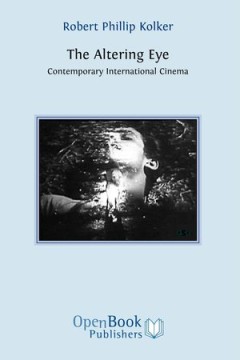
The Altering Eye: Contemporary International Cinema
The Altering Eye covers a "golden age" of international cinema from the end of WWII through to the New German Cinema of the 1970s. Combining historical, political, and textual analysis, Kolker develops a pattern of cinematic invention and experimentation from neorealism through the modernist interventions of Jean-Luc Godard and Rainer Werner Fassbinder, focusing along the way on such major figu…
- Edition
- -
- ISBN/ISSN
- 9781906924058
- Collation
- -
- Series Title
- -
- Call Number
- 791.43 KOL a
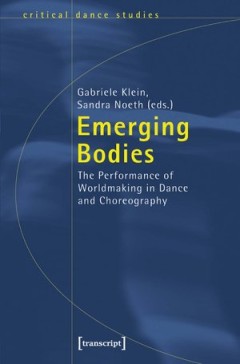
Emerging Bodies: The Performance of Worldmaking in Dance and Choreography
The concept of 'worldmaking' is based on the idea that 'the world' is not given, but rather produced through language, actions, ideas and perception. This collection of essays takes a closer look at various hybrid and disparate worlds related to dance and choreography. Coming from a broad range of different backgrounds and disciplines, the authors inquire into the ways of producing 'dance world…
- Edition
- -
- ISBN/ISSN
- 9783837615968
- Collation
- -
- Series Title
- -
- Call Number
- 780
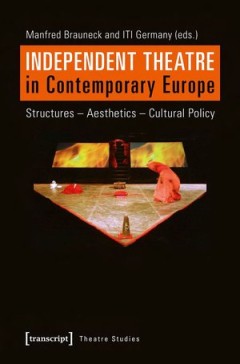
Independent Theatre in Contemporary Europe: Structures Aesthetics Cultural Po…
Over the past 20 years European theatre underwent fundamental changes in terms of aesthetic focus, institutional structure and in its position in society. The impetus for these changes was provided by a new generation in the independent theatre scene. This book brings together studies on the state of independent theatre in different European countries, focusing on the fields of dance and perfor…
- Edition
- -
- ISBN/ISSN
- 9783837632439
- Collation
- -
- Series Title
- -
- Call Number
- 792 IND i
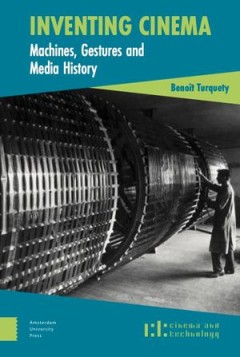
Inventing Cinema: Machines, Gestures, and Media History
With machines mediating most of our cultural practices, and innovations, obsolescence and revivals constantly transforming our relation with images and sounds, media feel more unstable than ever. But was there ever a ‘stable’ moment in media history? Inventing Cinema proposes to approach this question through an archaeology and epistemology of media machines. The archaeology analyses them a…
- Edition
- -
- ISBN/ISSN
- 9789463724623
- Collation
- -
- Series Title
- -
- Call Number
- 791.43 TUR i
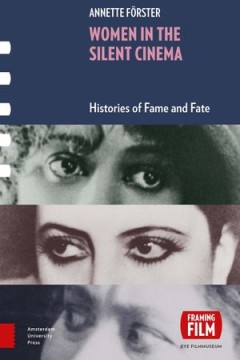
Women in the Silent Cinema: Histories of Fame and Fate
This magisterial book offers comprehensive accounts of the professional itineraries of three women in the silent film in the Netherlands, France and North America. Annette Förster presents a careful assessment of the long career of Dutch stage and film actress Adriënne Solser; an exploration of the stage and screen careers of French actress and filmmaker Musidora and Canadian-born actress and…
- Edition
- -
- ISBN/ISSN
- 9789089647191
- Collation
- -
- Series Title
- -
- Call Number
- 791.43 FOR w
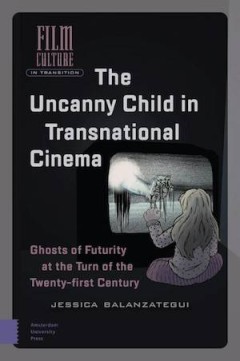
The Uncanny Child in Transnational Cinema: Ghosts of Futurity at the Turn of …
The uncanny child in transnational cinema illustrates how global horror film images of children reconceptualised childhood at the beginning of the twenty-first century, unravelling the child's long entrenched binding to ideologies of growth, futurity, and progress. The book analyses an influential body of horror films featuring subversive depictions of children and proposes that complex cultura…
- Edition
- -
- ISBN/ISSN
- 9789462986510
- Collation
- -
- Series Title
- -
- Call Number
- 791.43 BAL u
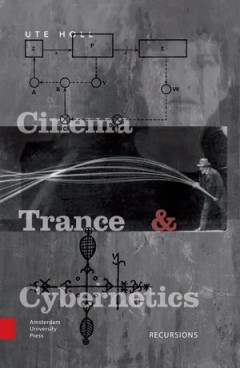
Cinema, Trance and Cybernetics
Ute Holl explores cinema as a cultural technique of trance, unconsciously transforming everyday spatio-temporal perception. The archaeology of experimental and anthropological cinema leads into psycho-physiological laboratories of the 19th century. Through personal and systematic catenations, avant-garde filmmaking is closely linked to the emerging aesthetics of feedback in cybernetic models of…
- Edition
- -
- ISBN/ISSN
- 9789089646682
- Collation
- -
- Series Title
- -
- Call Number
- 791.43 HOL c
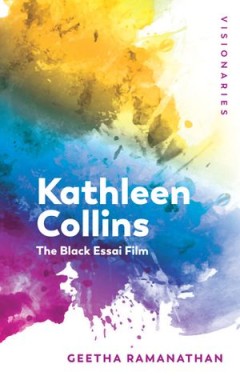
Kathleen Collins: The Black Essai Film
A philosopher-filmmaker, Kathleen Collins decisively redefined the parameters of African American film with Losing Ground (1982). This book uses detailed analyses of Collins’s films to contextualise her work in the African American, feminist and world film traditions, and it highlights her contribution to each of these canons.
- Edition
- -
- ISBN/ISSN
- 9781474440707
- Collation
- -
- Series Title
- -
- Call Number
- 791.43 RAM k
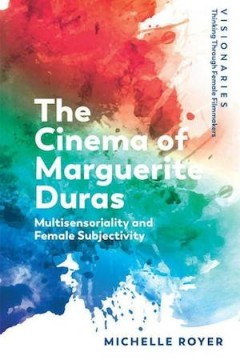
The Cinema of Marguerite Duras: Multisensoriality and Female Subjectivity
The writer Marguerite Duras was a key figure in post-war French cinema, pioneering innovations such as the disjunction of film and image, and the primacy given to voices, silence and music. Her multisensorial approach opened up new spaces for the female experience to be expressed. Although she worked with some of the best French visual technicians and musicians of her time, critiques have often…
- Edition
- -
- ISBN/ISSN
- 9781474427869
- Collation
- -
- Series Title
- -
- Call Number
- 791.43 ROY c
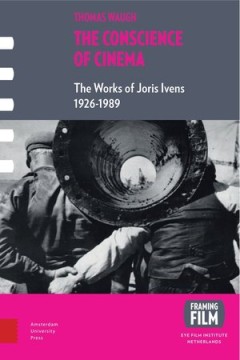
The Conscience of Cinema: The Films of Joris Ivens: 1926–1989
The Conscience of Cinema is not only a history of a rich and varied personal oeuvre by a prolific documentary maker who worked on every continent and through seven decades, from the 1920s to the 1980s. It is also the history of the aspiration to use documentary film to change the world by a committed leftist, as well as a microcosmic history of documentary form, technology and culture, and its …
- Edition
- -
- ISBN/ISSN
- 9789089647535
- Collation
- -
- Series Title
- -
- Call Number
- 791.43 WAU c
 Computer Science, Information & General Works
Computer Science, Information & General Works  Philosophy & Psychology
Philosophy & Psychology  Religion
Religion  Social Sciences
Social Sciences  Language
Language  Pure Science
Pure Science  Applied Sciences
Applied Sciences  Art & Recreation
Art & Recreation  Literature
Literature  History & Geography
History & Geography